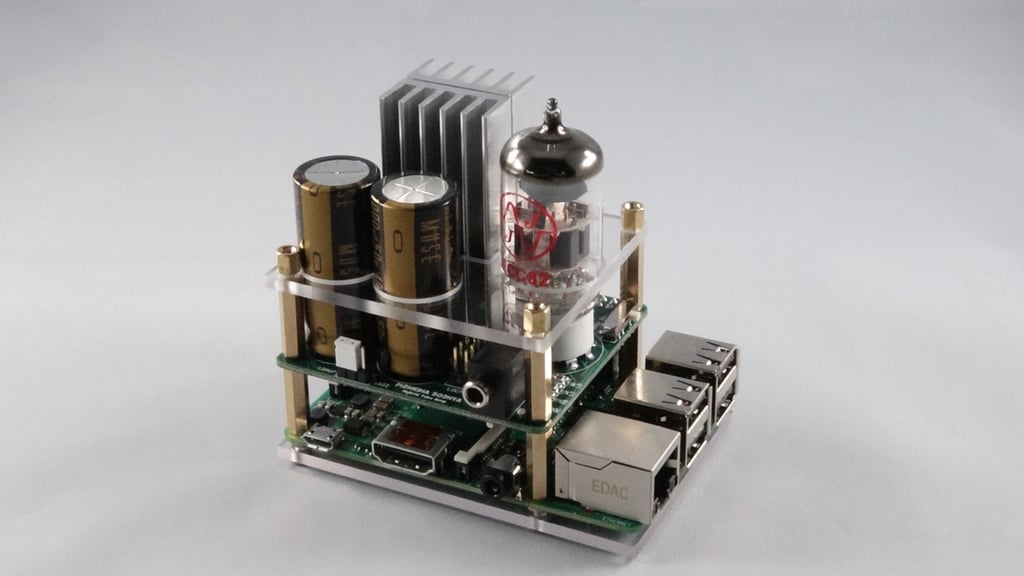

The first release to be labeled Raspberry Pi OS launched on May 28th, with several new features, including Bookshelf, an app that offers free issues of MagPi, the official Raspberry Pi magazine. So we're overdue for an actual name for the OS, and we're taking the opportunity to clear up the confusion around the 32-bit OS at the same time." The 64-bit equivalent of 'Raspbian' is 'the Debian arm64 port.' It isn't 'Raspbian' or 'Raspbian64' or anything like that. This confusion is fairly harmless, until you get to 64-bit. So when we say 'Raspbian image' what we mean is 'our Raspberry Pi operating system image built using the Raspbian repos', but what people hear is 'Raspbian is the name of Raspberry Pi's operating system.' Using Raspbian allows us to take advantage of the hardware floating point unit on the original BCM2835 AP, which using the "official" Debian armel port wouldn't. Starting from an armhf bootstrap, NEON fastpaths and a small number of armv7-only scalar instructions are removed through build settings). "Raspbian is an independent open-source project, which maintains a rebuild of the Debian armhf port modified to run on armv6 hardware. In a statement to Tom's Hardware, he wrote: Considering that many models of Raspberry Pi, including the very-popular Raspberry Pi Zero, will never work with a 64-bit OS, the 32-bit platform will continue to be important if not dominant for years to come.Īccording to Raspberry Pi Founder Eben Upton, the name change to Raspberry Pi OS makes sense, because Raspbian has always been the underlying technology, not the platform itself.

Green also wrote that he plans to continue the Raspbian project, which will undoubtedly continue to be used to build the 32-bit version of Raspberry Pi OS. "Eben sent me an email asking my opinion about nomenclature and I expressed that I would not be pleased about the use of the name "Raspbian" for images that did not contain anything from Raspbian." "For a while now raspberry pi have been considering 64-bit images," Green wrote.


 0 kommentar(er)
0 kommentar(er)
